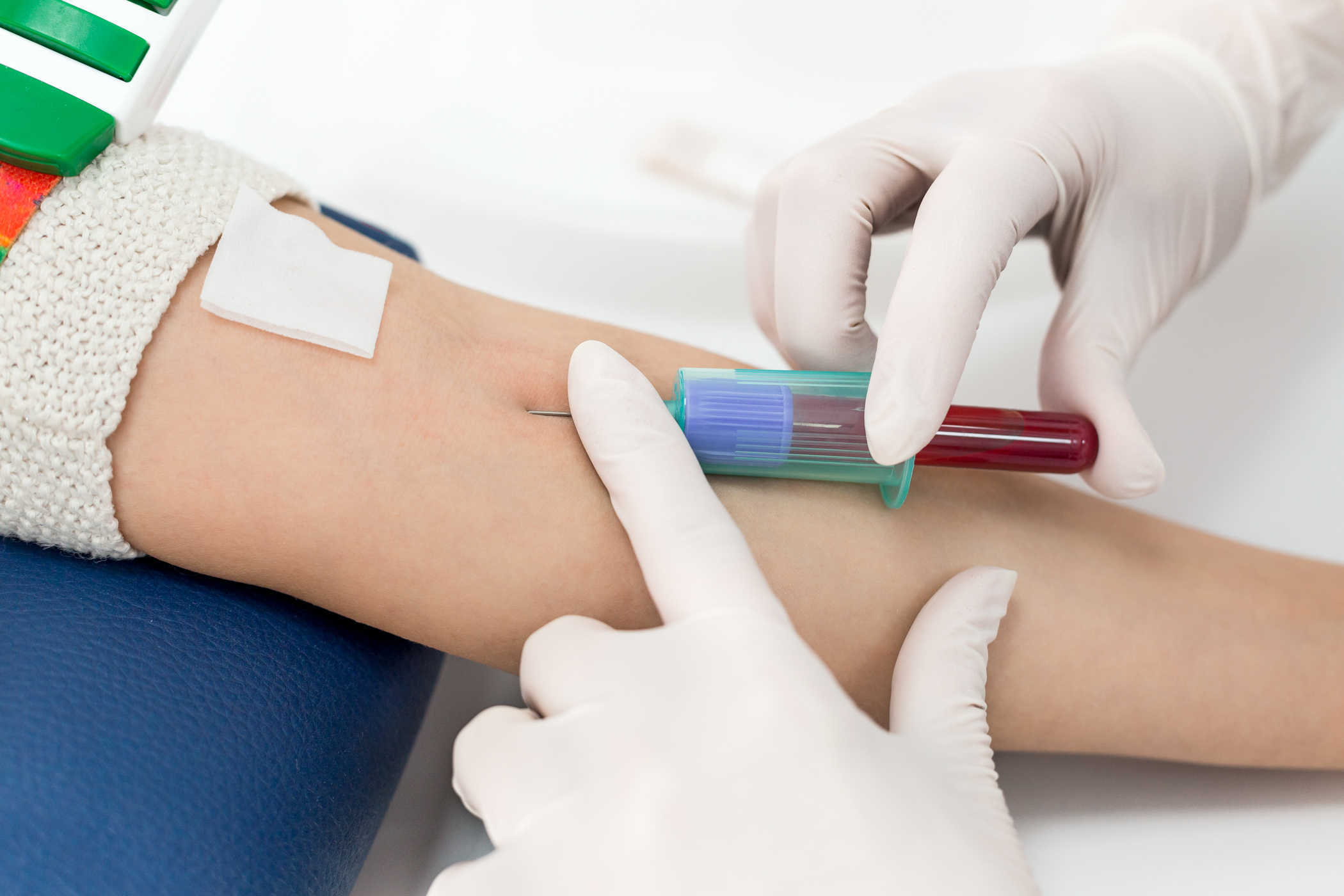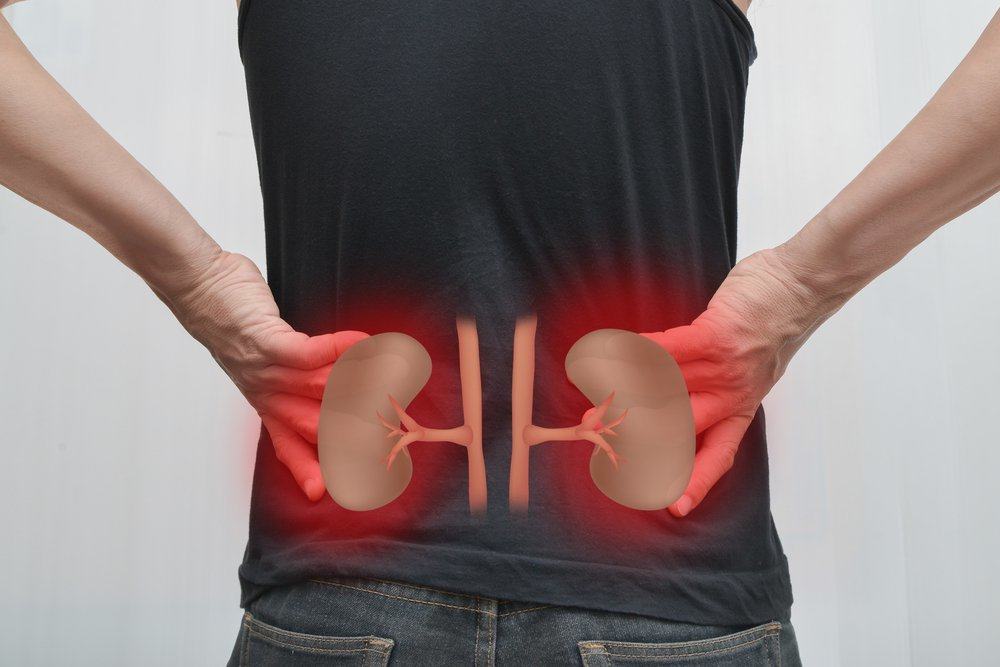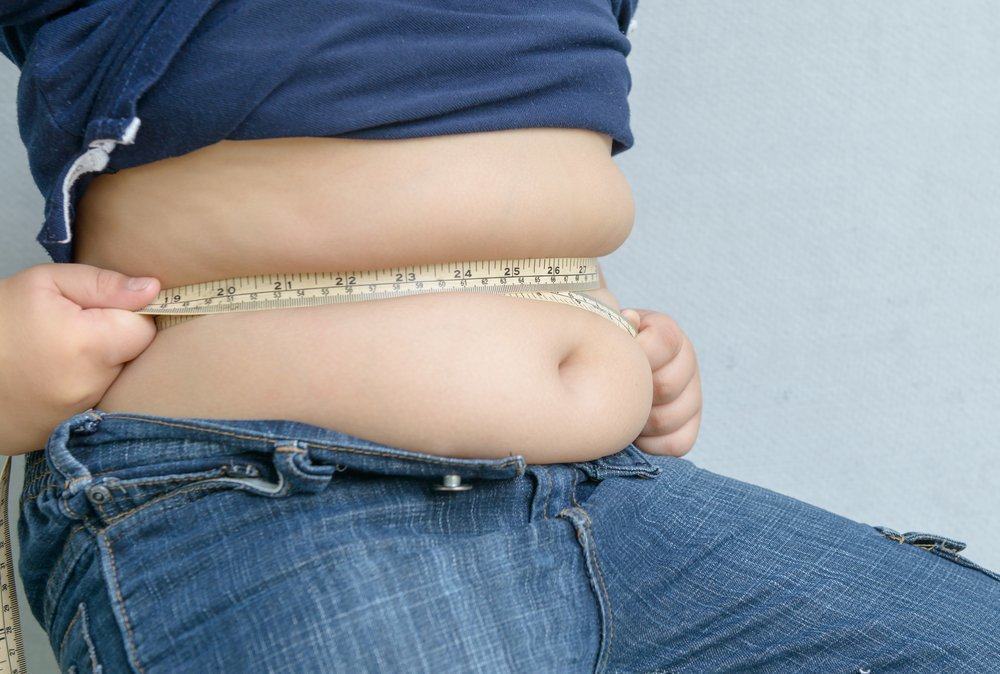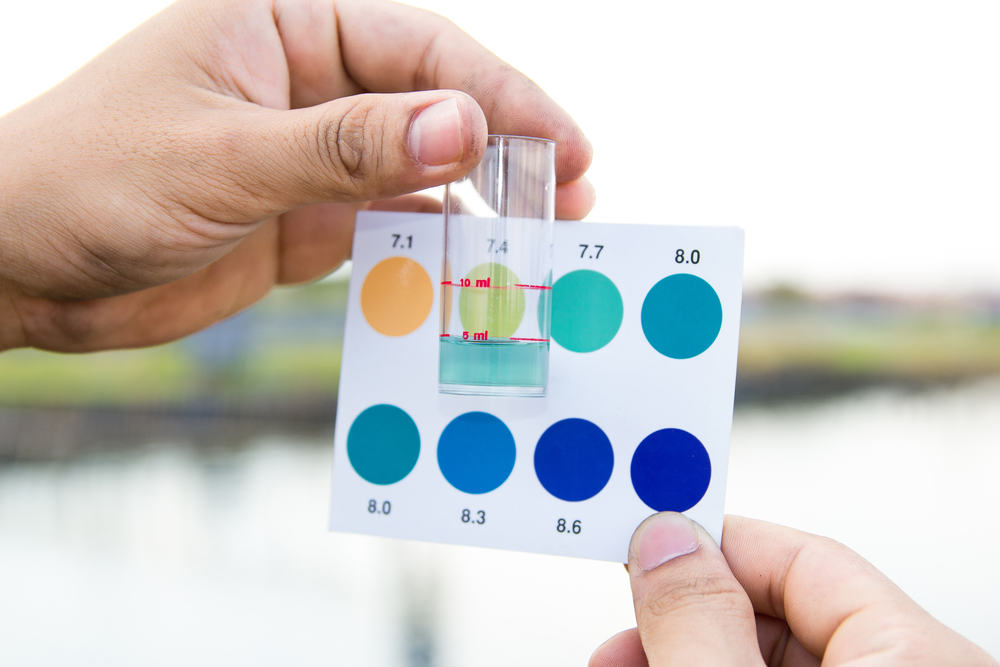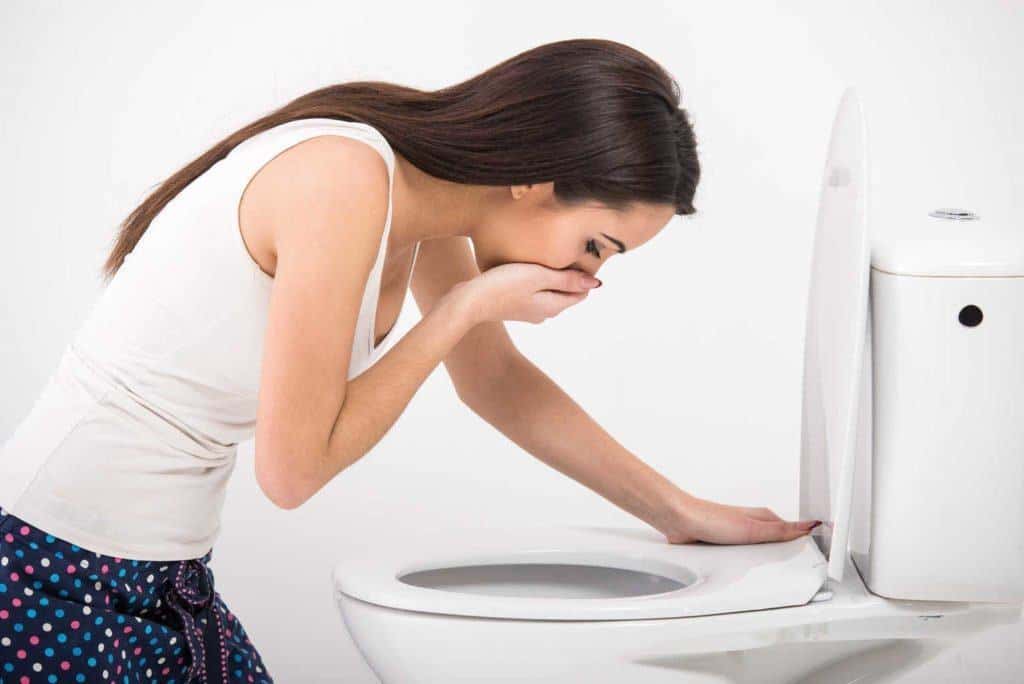Contents:
- Medical Video: Stages of Kidney Disease
- Blood test
- Serum creatinine
- Glomerular Filtration Rate (GFR)
- Blood Urea Nitrogen (NUD)
- Imaging test
- Ultrasound
- CT scan
- Kidney biopsy
- Urine test
- Urinalysis
- Urine protein
- Mikroalbuminuria
- Creatinine comparison
Medical Video: Stages of Kidney Disease
Healthy kidneys will remove waste and excess fluid from the blood. Blood tests and urine tests show how well the kidneys are doing their work. A urine test can show how quickly the body's waste is cleaned and whether the kidney has abnormal protein leakage. Here is a quick guide to tests used to measure kidney function.
Blood test
Serum creatinine
Creatinine is a waste product that originates from normal wear and tear in the muscles of the body. Creatinine levels in the blood can vary depending on age, race and body size. Creatinine levels greater than 1.2 for women and greater than 1.4 for men may be an early sign that the kidneys are not working properly. Creatinine levels in the blood increase, if kidney disease is ongoing.
Glomerular Filtration Rate (GFR)
This test is a measure of how well the kidneys remove waste and excess fluid from the blood. This test can be calculated from your serum creatinine level using your age, weight, gender and body size. Normal GFR can vary according to age (as you get older the value can decrease). The normal value for GFR is 90 or more. GFR below 60 is a sign that the kidneys are not working properly. GFR below 15 indicates that treatment for kidney failure, such as dialysis or kidney transplantation will be needed.
Blood Urea Nitrogen (NUD)
Urea nitrogen comes from the breakdown of protein in the food you eat. Normal NUD levels are between 7 and 20. As kidney function decreases, NUD levels also increase.
Imaging test
Ultrasound
This test uses sound waves to get a picture of the kidneys. This test can be used to look for abnormalities in the size or position of the kidneys or obstacles such as stones or tumors.
CT scan
This imaging technique uses contrast dyes to produce images of the kidneys. This test can also be used to look for structural abnormalities and the presence of a barrier.
Kidney biopsy
Biopsies can be done occasionally for one of the following reasons:
- to identify certain disease processes and determine whether to respond to treatment
- to evaluate the amount of damage that has occurred in the kidney
- to find out why kidney transplants can't work properly
Kidney biopsy is done by using a thin needle with a sharp tip to slice small pieces of kidney tissue to examine under a microscope.
Urine test
Some urine tests only need a few tablespoons of urine. But some tests require a collection of all urine produced for 24 hours. A 24-hour urine test shows how much urine your kidneys produce in one day. This test can also provide accurate measurements of how much protein leaks from the kidneys into the urine in one day.
Urinalysis
Including microscopic examination of urine samples and dipstick test. Dipstick is a chemically processed strip, which is dipped in urine samples. The strip changes color in the presence of abnormalities such as the amount of excess protein, blood, pus, bacteria and sugar. A urinalysis can help to detect various kidney disorders and urinary tract disorders, including chronic kidney disease, diabetes, bladder infections and kidney stones.
Urine protein
This test can be done as part of a urine test or with a separate dipstick test. The excess amount of protein in urine, called proteinuria. A positive dipstick test (1+ or greater) must be confirmed with a more specific dipstick test (an albumin specific dipstick test) or with quantitative measurements, such as the albumin creatinine ratio.
Mikroalbuminuria
This is a more sensitive dipstick test, which can detect a small amount of protein called albumin in the urine. People who have an increased risk of developing kidney disease, such as those with diabetes or high blood pressure, should undergo this test if their standard dipstick test for proteinuria is negative.
Creatinine comparison
A creatinine test compares creatinine in a urine sample 24 hours with the creatinine level in your blood to show how much blood the kidneys filter every minute.

